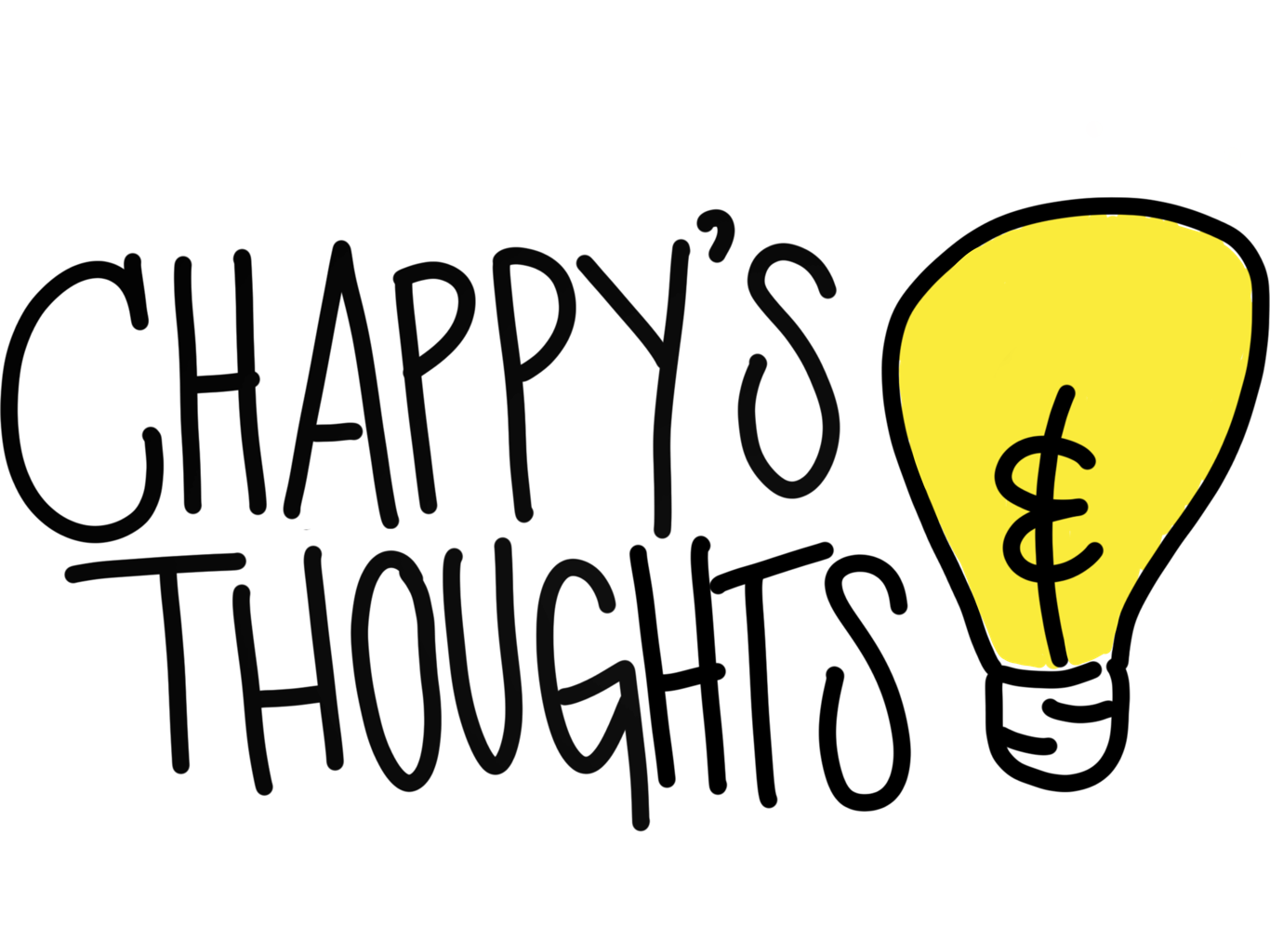The Scientific Method
Allison takes several extended trips each year, leaving the remaining three of us to goof off in her stead. The girls and I have naturally designated these periods as “daddy daughter fun week.” While I love my wife dearly, I also look forward to this time and the creative test of entertaining my littles. And we make quite the mess.
One constant on our agenda is the egg drop competition. This elementary school staple was one of my favorites back in the day, as a fun introduction to problem solving and experimentation. You can instantly see it light up their little brains when I spread the materials out, hand them their egg and let them get after it. The problem as of late is that they have mastered the game. Our eggs generally have no reason for concern.
As a juicy twist for this year’s competition, I declared the winner would be the one with the lightest successful payload. A kitchen scale was produced so they could measure their creations out to the gram and whittle down to only necessary weight. Challenge accepted, but Maggie couldn’t resist adding googly eyes to her vessel, christened Dr Egglestine.
I couldn’t be more pleased that my children have embraced the scientific mind. With the likes of Mark Rober, Emily’s Wonder Lab, How to Win at Everything and other fairly pure educational programming, they have access to more engaging content than I could have ever dreamed of at that age. They have built robots, learned the basics of coding, studied the microscopic and interstellar alike. I know it’s standard procedure to have little faith in the next generation but unlimited knowledge is at their miniature fingertips. With some halfway decent parental guidance, who knows how far they’ll go.
Being a scientist inherently is an admission that one does not know everything. You start with a hypothesis and through the crucible of testing, measuring and analyzing, arrive at a conclusion that is supported by evidence. The edge of discovery is moving constantly, so there will always be a challenge to what we think we know. As Anthony Bourdain humbly admitted “It seems that the more places I see and experience, the bigger I realize the world to be. The more I become aware of, the more I realize how relatively little I know of it, how many places I have still to go, how much more there is to learn.”
We are well into summer at this point. “I’m bored” is a phrase that has popped up a few times already, but what I keep reminding our household is that we are constructing our own barriers to fun and growth. Go outside. Look around. We’re spinning around at a thousand miles per hour on a big hunk of spherical rock that just happens to have the perfect atmosphere and temperature for our existence. It’s a miracle you are even on this planet because the odds of you being born are in the neighborhood of one in 400 trillion. The pep talks at Chapman HQ are really strange, I know.
In the last few weeks, the girls have used scientific rigor to figure out what animal has been sneaking onto our back porch for snacks (red fox), what kitchen items work best to catch fruit flies (bowl, vinegar, saran wrap with small holes in the top) and how to make your own non-Newtonian fluid while creating the biggest mess possible. As I type this, Maggie is on the back porch grinding black pepper on our plants to see if it will mitigate pests organically. This is the kind of stuff that makes my heart sing, even if some deep cleaning follows. I can spout off fun facts until I’m blue in the face and they can ask our myriad devices any question that comes to mind, but the voyage of discovery will always resonate more.
Stay curious, my friends. And don’t forget to keep a pair of googly eyes handy, just in case.
Maggie somehow got ahold of a red fox print to compare. She included her foot for scale.

